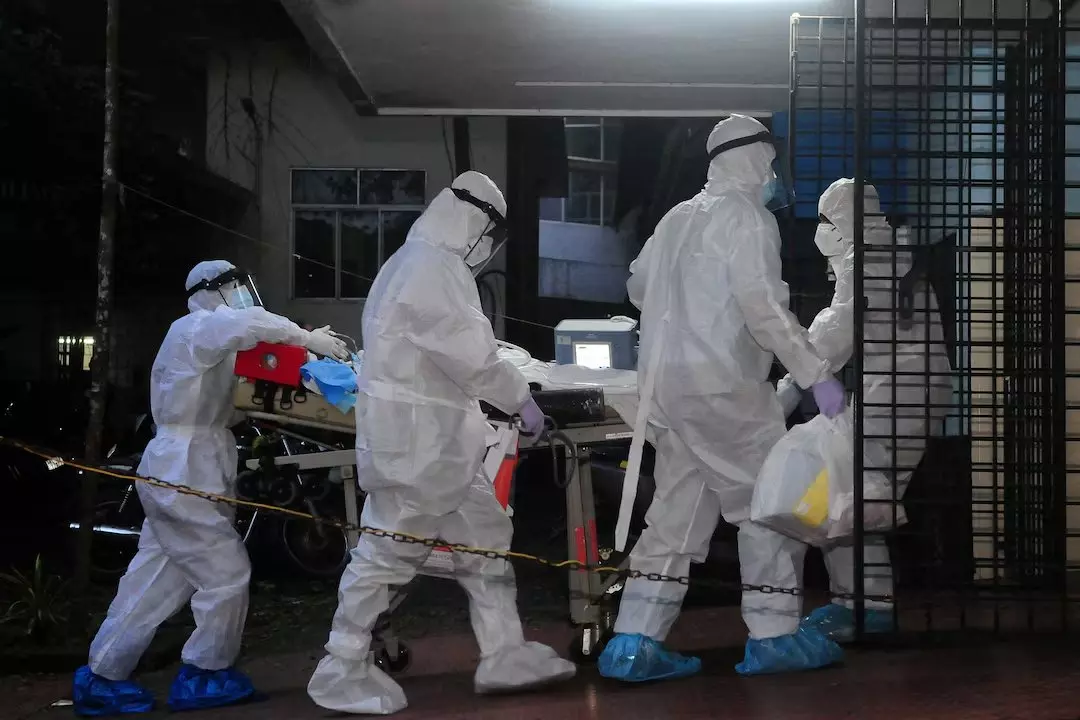Nipah virus: Centre to deploy outbreak response team to assist Kerala Govt.

Hyderabad: The Central government on Sunday advised the Kerala State government to take up immediate public health measures to contain the Nipah virus.
It said a joint outbreak response Central team will be deployed to assist the State with case investigation, identification of epidemiological linkages, and technical support. According to a statement, the Central government said a case of Nipah virus has been detected in Mallapuram district of Kerala. A 14-year-old boy from Mallapuram exhibited AES symptoms and was admitted to a healthcare facility in Perinthalmanna before being transferred to a higher health center in Kozhikode.
However, the patient later succumbed to the disease. The samples were sent to NIV, Pune which has confirmed a Nipah virus infection. In wake of outbreak of the virus in Mallapuram, the Centre advised the following immediate public health measures to be taken by the Kerala State government especially active case search in the family of the confirmed case, the neighborhood, and areas with similar topography apart from active contact tracing (for any contacts) during past 12 days.
Strict quarantine of the contacts of the case and isolation of any suspects must be ensured, besides collecting and transporting samples for lab testing. A multi- member joint outbreak response team from the National ‘One Health Mission’ of Union Health Ministry will be deployed to support the State in investigating the case, identifying epidemiological linkages, and providing technical assistance.
Additionally, at the State's request, ICMR had sent monoclonal antibodies for patient management, and a mobile BSL-3 laboratory for testing additional samples from contacts has arrived in Kozhikode. The Monoclonal Antibodies had reached before the patient died but could not be used due to his poor general condition.
It is important to note that outbreaks of Nipah Virus Disease (NiVD) have been reported in Kerala in the past, with the most recent one occurring in 2023 in the Kozhikode district. Fruit bats are the usual reservoir of the virus, and humans can become infected by accidentally consuming bat contaminated fruits.

